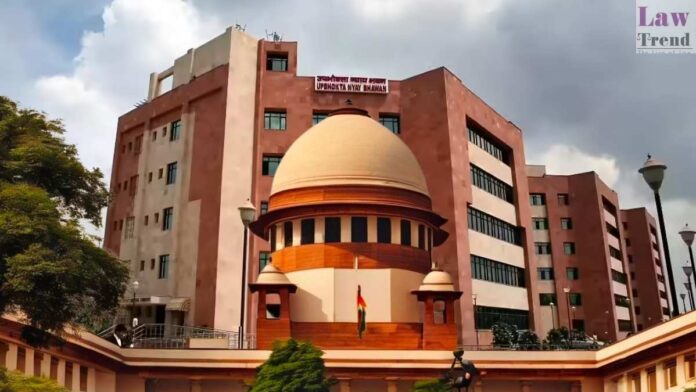The Supreme Court has reiterated two crucial principles of law, holding that a doctor cannot be held liable for medical negligence per se simply because a treatment or surgery failed, and that consumer commissions cannot decide a case on grounds that were never raised in the pleadings. In a significant ruling on the jurisdiction of
To Read More Please Subscribe to VIP Membership for Unlimited Access to All the Articles, Download Available Copies of Judgments/Order, Acess to Central/State Bare Acts, Advertisement Free Content, Access to More than 4000 Legal Drafts( Readymade Editable Formats of Suits, Petitions, Writs, Legal Notices, Divorce Petitions, 138 Notices, Bail Applications etc.) in Hindi and English.




